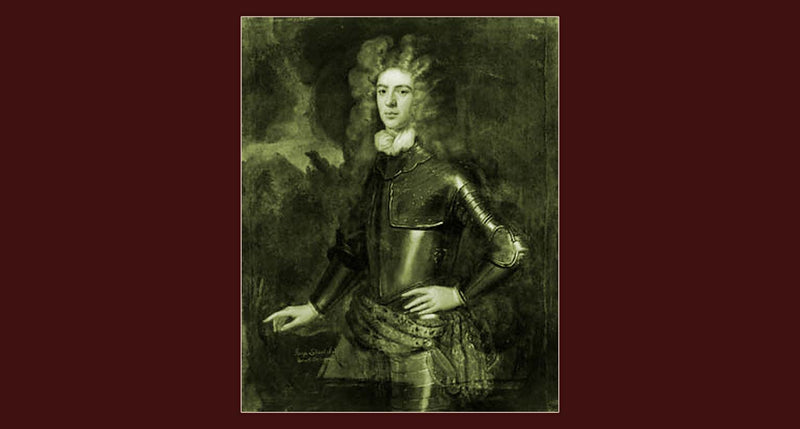Clan Lockhart People Sir George Lockhart of Carnwath Sir George Lockhart of Lee, Lockhart of Carnwath, (1673 – 1731) Scottish writer, spy and politician. Lockhart, who was member for the city of Edinburgh in the Parliament of Scotland, was appointed a commissioner for arranging the union with England in 1705. After the union he continued […]
Tag Archives: Lockhart Places & People
Clan Lockhart People
Sir George Lockhart of Carnwath
Sir George Lockhart of Lee, Lockhart of Carnwath, (1673 – 1731) Scottish writer, spy and politician. Lockhart, who was member for the city of Edinburgh in the Parliament of Scotland, was appointed a commissioner for arranging the union with England in 1705. After the union he continued to represent Edinburgh, and later the Wigtown burghs. His sympathies were with the Jacobites, whom he kept informed of all the negotiations for the union; in 1713 he took part in an abortive movement aiming at the repeal of the union. Lockart was the source of intelligence revealing the extensive bribery of Scottish parliamentarians prior to the Treaty of Union, giving rise to the famous Robert Burns line: “bought and sold for English gold”. He published a list of bribes paid by the English Treasury. He was deeply implicated in the rising of 1715, the preparations for which he assisted at Carnwath and at Dryden, his Edinburgh residence. He was imprisoned in Edinburgh Castle, but probably, through the favour of John Campbell, 2nd Duke of Argyll, he was released without being brought to trial; but his brother Philip was taken prisoner at the Battle of Preston and condemned to be shot, the sentence being executed on the 2nd December 1715. After his liberation Lockhart became a secret agent of the Pretender; but his correspondence with the prince fell into the hands of the government in 1727, compelling him to go into concealment at Durham, England, until he was able to escape furth of Great Britain. Argyll’s influence was again exerted in Lockhart’s behalf, and in 1728 he was permitted to return to Scotland, where he lived in retirement till his death in a duel on the 17 December 1731.

